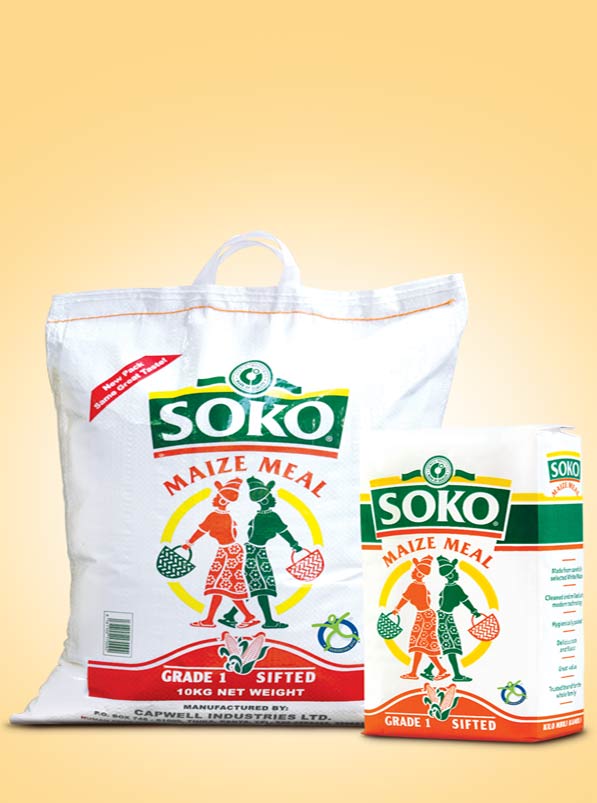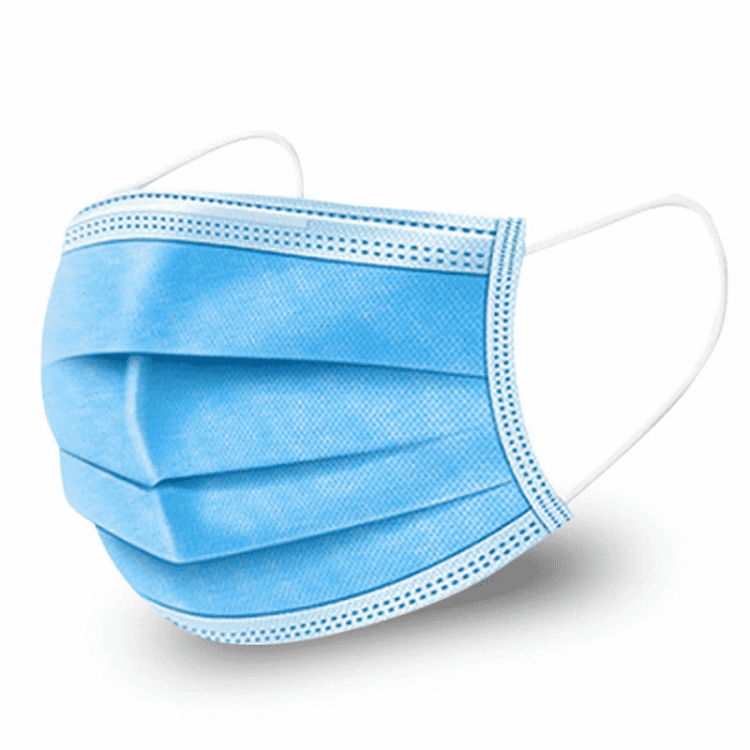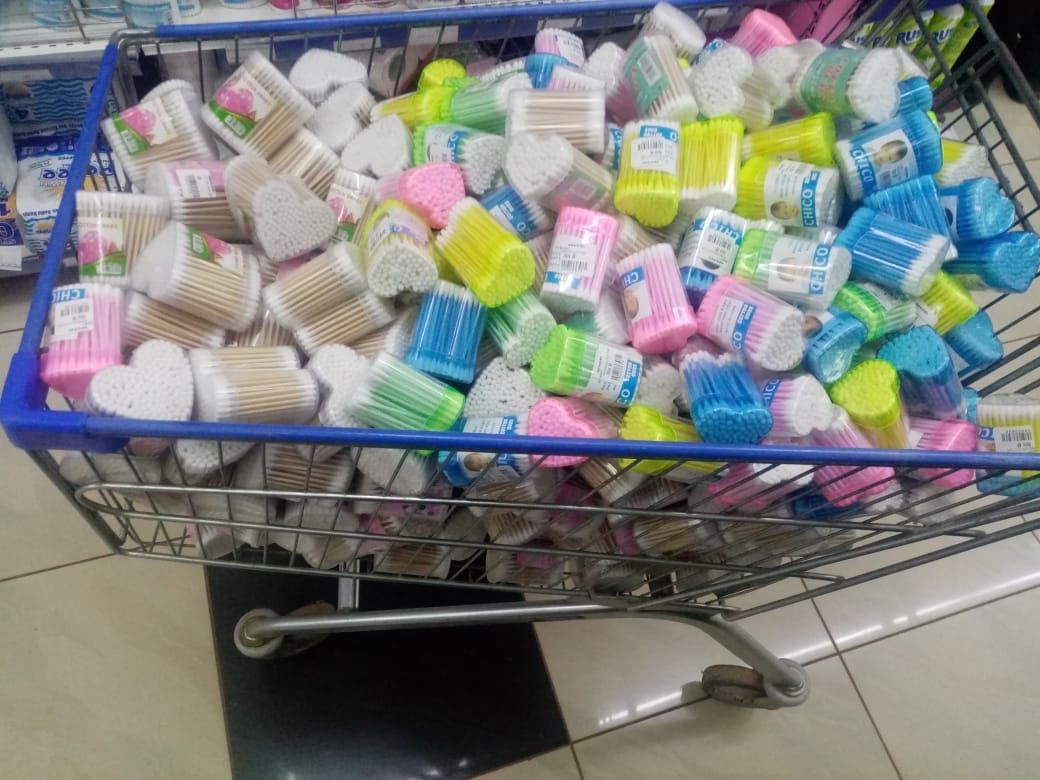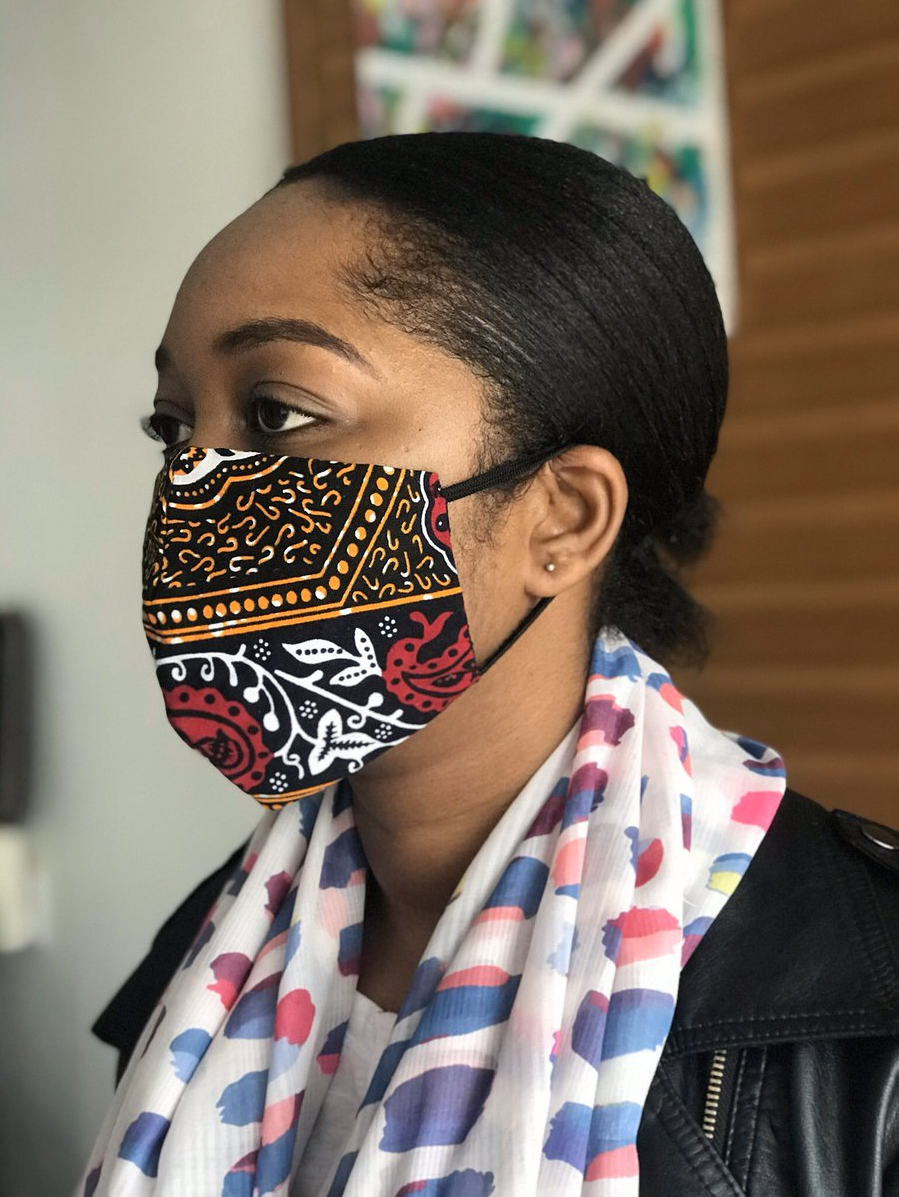Kiambu County’s Public Health officials have cleared Soko Maize flour after official test results revealed that the product complied with allowable aflatoxin parameters.
The County’s Public Health ministry collected 43 samples in retail outlets across Kiambu, including 21 samples of Soko maize flour and dry maize from the factory. Soko Maize flour is a product of Capwell Industries.
All 43 samples were submitted for analysis on 18th November 2019 to The National Public Health Laboratories (The Food Safety and Nutrition Reference Laboratory). The analysis results received on 22nd November 2019, indicate that the sampled batch numbers for Sokomaize flour as well as the dry maize were free of aflatoxin.
The clearance now means Soko Maize Meal can trade freely in retail outlets including Supermarkets, Distributors, Wholesalers, Retail shops, Hotels, Closed and open markets and Schools in the country.
In a letter to the Capwell Industries Chief Executive Officer, Kiambu County Chief Officer of Health Services Dr. Kamundia Ndungu said, “Refer to the visit by Kiambu County Public Health Officials to your factory on 16th November 2019. As a way forward, it was decided that joint sampling of your products be conducted across all the twelve sub-counties.”
“On the basis of the recent analysis, your products have been found to be in compliance with food standards as stipulated in the Food, Drugs, and Chemical Substances Act, CAP 254 LOK,” read the letter in part.
Capwell Industries Limited Business Head, Mahesh Chavda welcomed the news saying the company has always been working to maintain safety and health requirements for its customers.
“We are happy that Kiambu County Public Health officials have cleared Soko maize meal from aflatoxin contamination fears and ascertained that it is fit for human consumption. As a company, since our establishment in 1999, we have been taking food safety and health of our consumers very seriously by heavily investing in modern laboratory testing facilities,” remarked Mahesh.
Other Brands Declared Safe
Other brands that had been banned by the Kenya Bureau of Standards (KEBS) include Kifaru by Alpha Grain Limited, Dola by Kitui Flour Mills, Starehe by Pan African Grain Millers, 210 Two Ten by Kenblest Limited and Jembe by Kensal Rise Limited.
The move by KEBS to ban specific maize flour brands brought contrasting comments from Kenyans. The documentary by Citizen TV showed that the source of aflatoxin was the Kenya National Cereal and Produce Board (NCPB) because of poor storage of the produce.
All millers buy maize from NCPB before processing it to flour. A number of Kenyans were questioning KEBS’ action to ban a few maize flour brands on the grounds of aflatoxin contamination.













Leave a comment